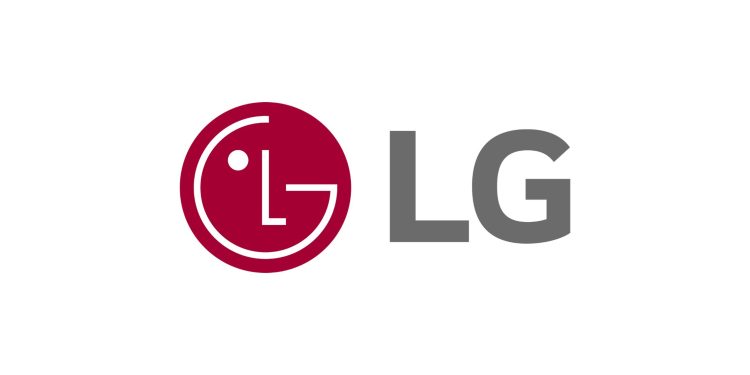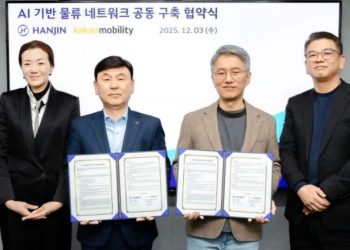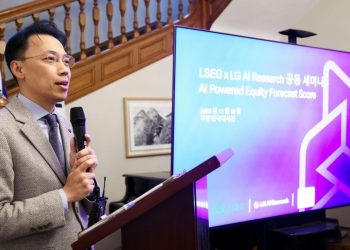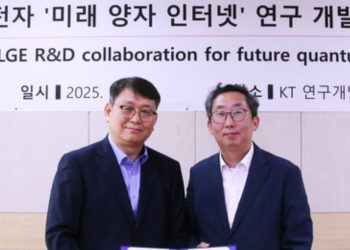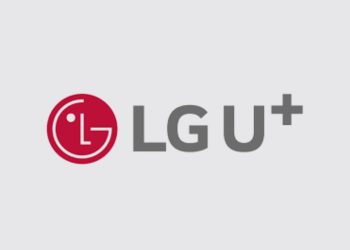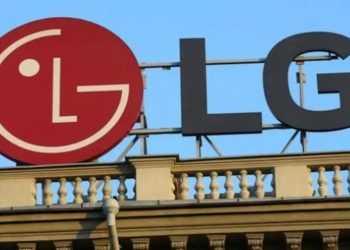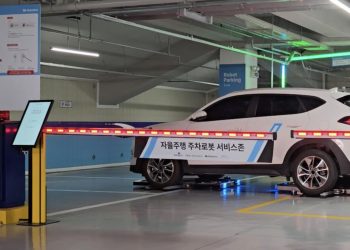A South Korean consortium, spearheaded by LG, has decided to pull out of a 11 trillion won (US$7.7 billion) electric vehicle (EV) battery supply chain initiative in Indonesia, industry sources revealed. The consortium, which includes LG Energy Solution, LG Chem, and LX International, had partnered with Indonesia’s government and state-owned enterprises to establish a comprehensive EV battery production infrastructure.
The initiative aimed to establish a complete value chain, spanning from raw material sourcing to the production of precursors, cathodes, and battery manufacturing. LG’s decision to withdraw, announced on April 18, 2025, marks a significant change in its strategy.
However, following consultations with the Indonesian government, the consortium decided to withdraw from the project, citing shifts in the global EV market as the primary reason for their exit.
The industry is currently facing what is referred to as the “EV chasm,” a temporary slowdown in global electric vehicle demand growth. This downturn in EV adoption and related component demand led the consortium to reassess its expansion plans and ultimately pull back from the ambitious project.
An official from LG Energy Solution explained, “Given the current market conditions and investment environment, we have decided to withdraw from the project.” The company further emphasized that, despite this setback, it would continue to operate its existing business in Indonesia, including the Hyundai LG Indonesia Green Power battery plant, a joint venture with Hyundai Motor Group. The continued operation of this plant signifies LG’s ongoing commitment to the Indonesian market, albeit at a reduced scale.
The initial plan for the battery supply chain project was part of Indonesia’s strategy to capitalize on its abundant nickel reserves and move up the value chain in battery manufacturing. The project would have included the construction of facilities to process raw materials and the production of high-value components such as battery precursors and cathode materials.
Despite the setback, Indonesia remains a key player in the global battery supply chain. The country’s strategic role is reinforced by its nickel production, which accounts for around 37% of global output.
The Indonesian government’s policy of resource nationalism, which has banned the export of unprocessed nickel ore since 2020, continues to attract international interest, particularly from battery manufacturers looking to establish processing operations within the country. Although this project has been paused, Indonesia’s position in the battery materials market remains critical to the future of global EV production.
Despite the LG-led consortium’s decision to withdraw from the $7.7 billion battery supply chain project, the company plans to maintain existing operations in Indonesia. Notably, the Hyundai LG Indonesia Green Power battery plant, a joint venture with Hyundai Motor Group, will continue production as planned.
LG Energy Solution emphasized that it is adopting a more selective investment approach, focusing on facilities with immediate production capabilities rather than long-term development projects. “Our commitment to Indonesia remains strong through our established operations,” an LG spokesperson stated.

